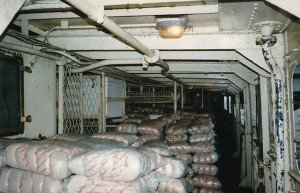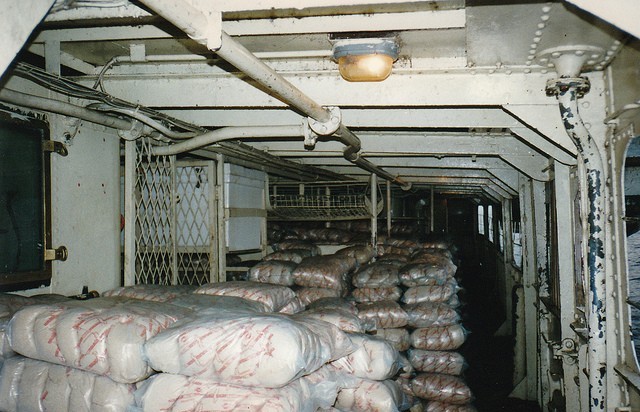Illovo Sugar Malawi Limited has said the devaluation of the kwacha will boost sugar exports apart from restoring growth and stability of the Malawi economy.

The Malawi Stock Exchange (MSE)-listed company said this in its extract from the audited financial statement for the year ended March 31 which has also provided general prospects on the status of the economy.
The Reserve Bank of Malawi (RBM) on May 7 this year devalued the kwacha by 49 percent against the US dollar now officially trading at K250 per dollar.
“This devaluation will have material negative impact on the company’s cost base while export earnings will be enhanced and partially mitigate the currency devaluation,” said Illovo Sugar in a statement at weekend.
An enhanced sugar export earning is good news to Malawi as it means more foreign exchange injection into the economy.
Sugar is one of Malawi’s foreign exchangers. Others are tobacco, tea, cotton and coffee.
Illovo Sugar said in accordance with its strategy to recover some costs, price of sugar has been adjusted upward from around K210 or K215 to K250.
Commenting on its performance for the financial year, Illovo Sugar said despite the year being challenging, it saw its profit after tax hitting K8.1 billion up from K6.4 billion realised during the preceding year.
In terms of sales, Illovo Sugar said domestic volumes accounted for almost 60 percent of all the sugar sold during the year.
The company added that during the period, over 80 000 tonnes was exported to Europe and the US and 35 000 tonnes went to Zimbabwe .
“These exports provided the country with much-needed foreign currency and partly assisted the company in maintaining its operation requirements,” says Illovo.
The company says K1 billion was invested in capital projects during the year to maintain both agricultural and factory efficiencies.
On challenges faced during the financial year, Illovo cited foreign exchange and fuel shortages as major factors that impacted on its ability to operate at optimum levels of efficiency.
Looking ahead, Illovo Sugar said it envisaged modest increases in the area under cane from both Dwangwa and Nchalo smallholders together with a general improvement in sucrose levels and cane yields.
“Preference will again be given to sales into the domestic market which is expected to increase in total for the year. Full advantage will also be taken wherever possible of sales into favourably priced export markets.”





No comments! Be the first commenter?